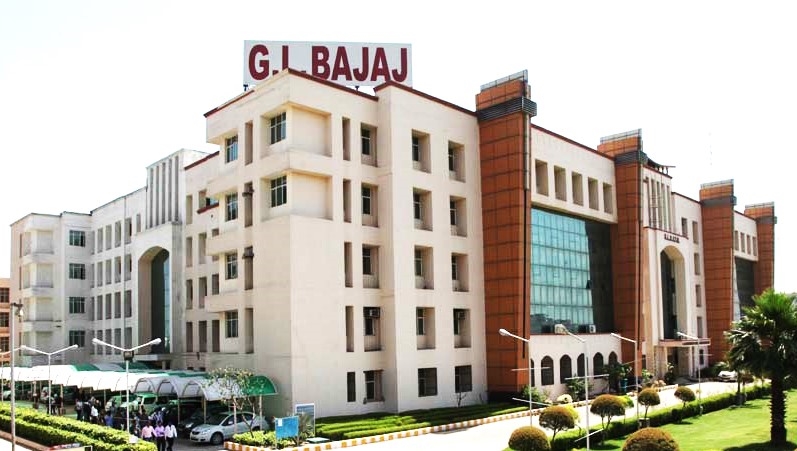In a major crackdown on corruption, the Central Bureau of Investigation (CBI) on Friday exposed a massive scam involving officials of an educational institution in Vaddeswaram, Guntur (Andhra Pradesh), and ten members of the National Assessment and Accreditation Council (NAAC) inspection committee. The accused allegedly accepted bribes in exchange for awarding an A++ NAAC rating to the institution.
Case Details and Allegations
The CBI had registered a case against officials of the educational institution in Vaddeswaram, Guntur, along with members of the NAAC inspection committee. According to the investigation, the institution’s authorities allegedly paid bribes to committee members to secure a higher accreditation rating. The probe has unearthed the involvement of several prominent academicians and administrators in the fraudulent scheme.
CBI Raids and Seizures
The CBI conducted raids at 20 locations, including Chennai, Bengaluru, Vijayawada, Palamu, Sambalpur, Bhopal, Bilaspur, Gautam Buddha Nagar, and Delhi. During the searches, the agency seized Rs 37 lakh in cash, six Lenovo laptops, an iPhone 16 Pro, a gold coin, and several incriminating documents.
Registrations Open for FutureCrime Summit 2025: India’s Largest Conference on Technology-Driven Crime
List of Arrested Individuals
The following ten accused have been arrested in connection with the scam:
- Manas Kumar Mishra – Director, GL Bajaj Institute of Technology & NAAC Inspection Committee Member
- G.P. Saradhi Varma – Vice-Chancellor, KL Education Foundation (KLEF), Guntur
- Koneru Raja Hareen – Vice President, KLEF
- A. Ramakrishna – Director, KL University, Hyderabad
- Samrendra Nath Saha – Vice-Chancellor, Ramchandra Chandravanshi University & NAAC Inspection Committee Chairman
- Rajiv Sijaria – Professor, JNU, Delhi & NAAC Inspection Committee Member Coordinator
- D. Gopal – Dean, Bharat Institute of Law & NAAC Inspection Committee Member
- Rajesh Singh Pawar – Dean, Jagran Lakecity University, Bhopal & NAAC Inspection Committee Member
- Gayathri Devaraja – Professor, Davangere University & NAAC Inspection Committee Member
- Bulu Maharana – Professor, Sambalpur University & NAAC Inspection Committee Member
FIR and Further Investigation
The CBI has also named KLEF President Koneru Satyanarayana, several professors, and former NAAC advisors in the FIR, bringing the total number of accused individuals to 14. The investigation revealed a systemic bribery network in which colleges were illicitly granted A++ ratings in exchange for financial kickbacks.
The scam has raised serious concerns about the integrity of the education accreditation system in India. The CBI is continuing its investigation to uncover the full extent of the fraud and identify any other individuals involved in the conspiracy.




